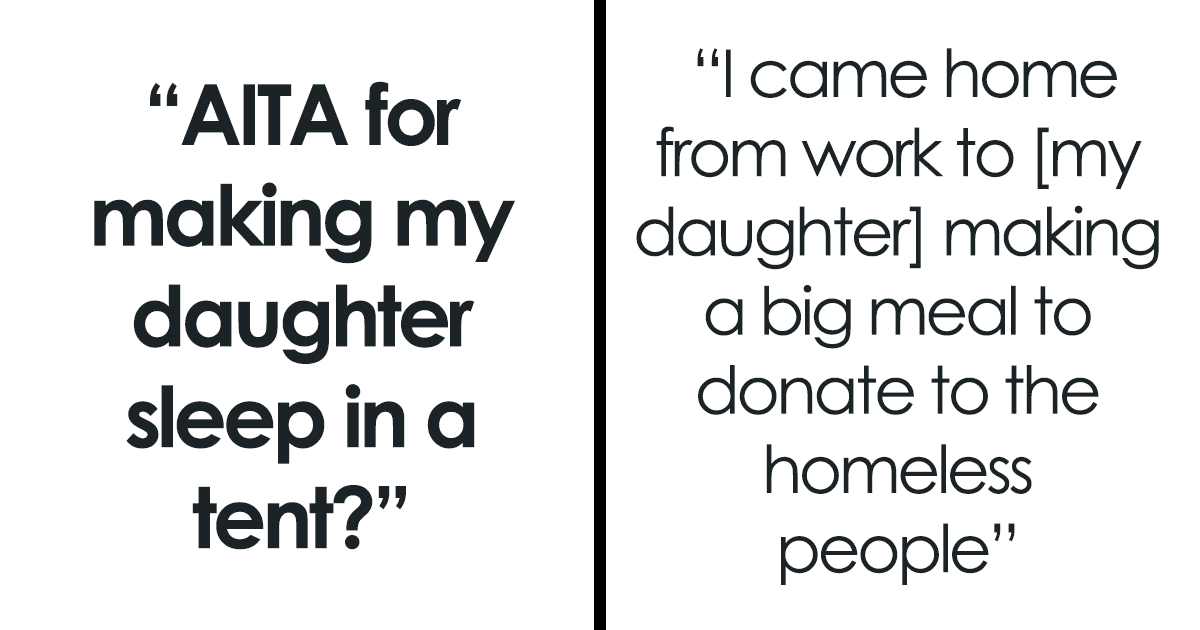A lot of parents take the lessons we try to teach our kids very seriously. Most of us want to raise kind, empathetic kids who will grow to become kind, empathetic adults. It’s not always easy to know if our kids are actually absorbing and acting on the lessons we try to impart, and sometimes we end up hoping for the best.

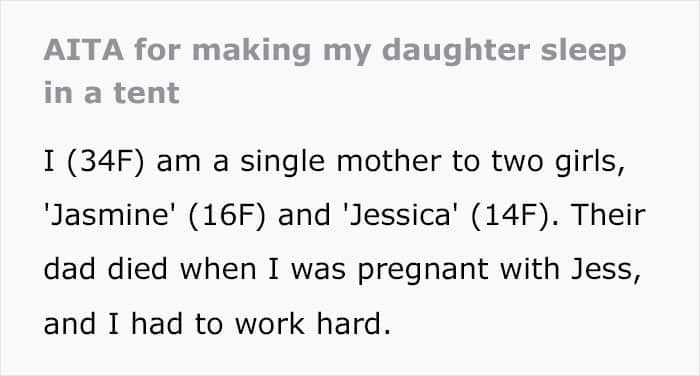
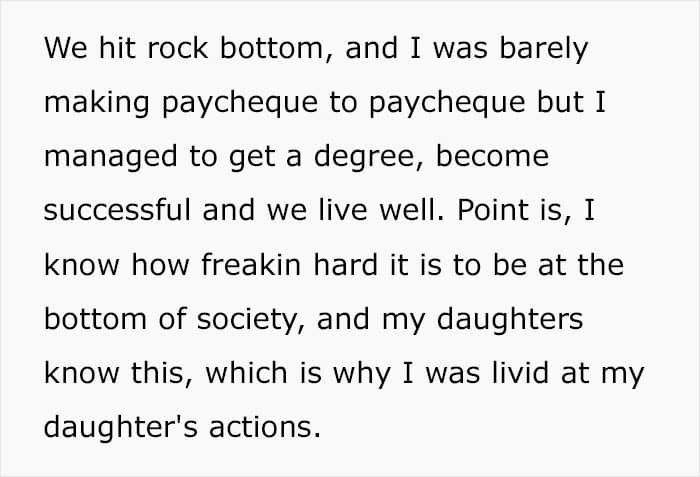
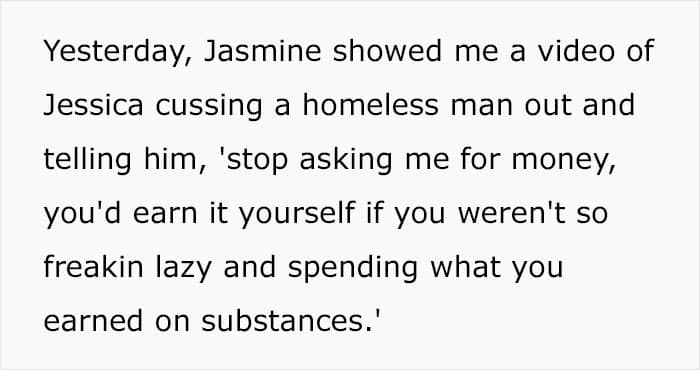
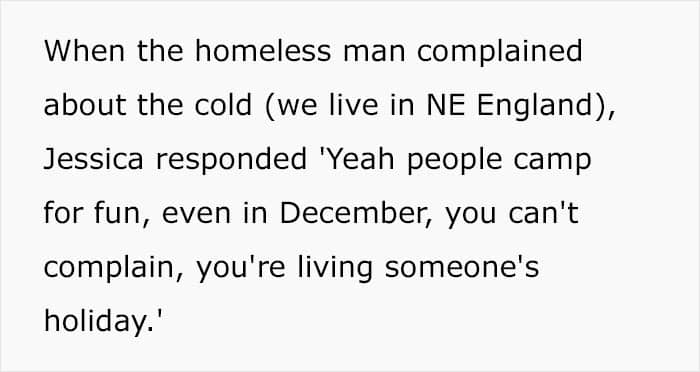

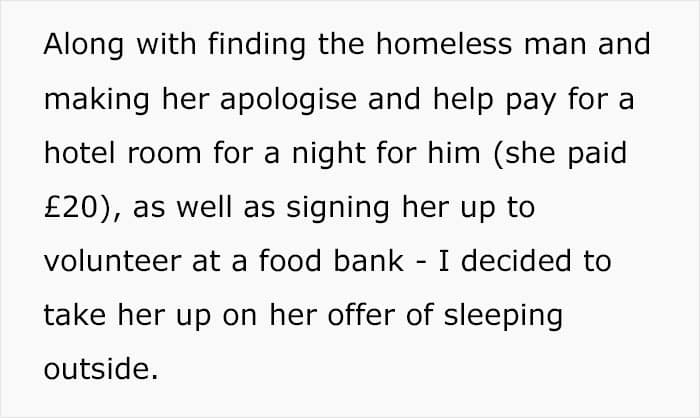
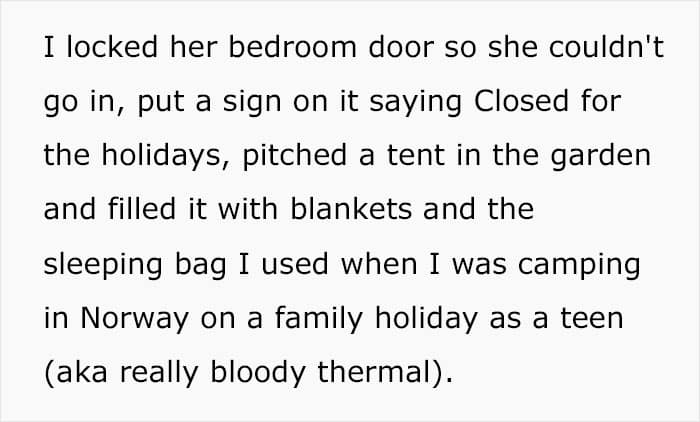
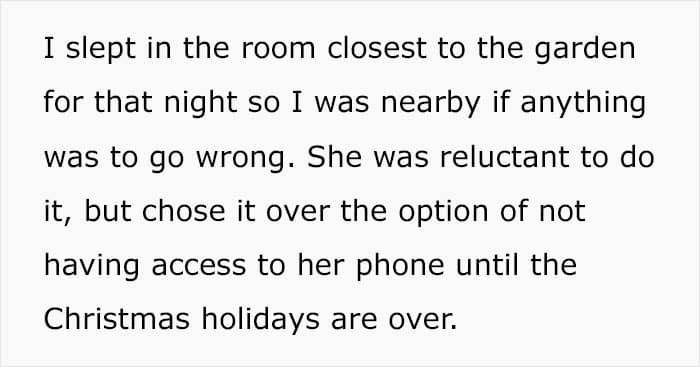


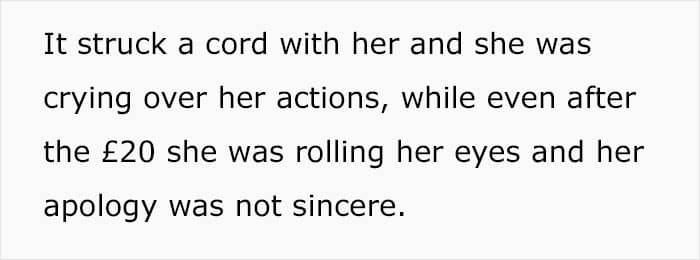
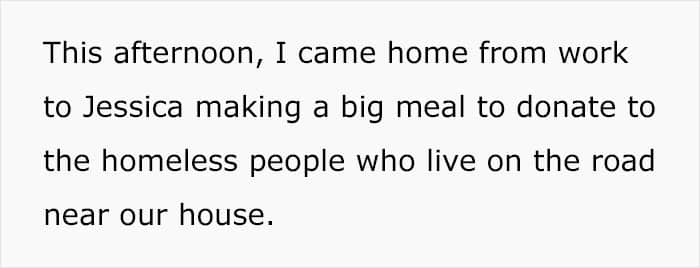

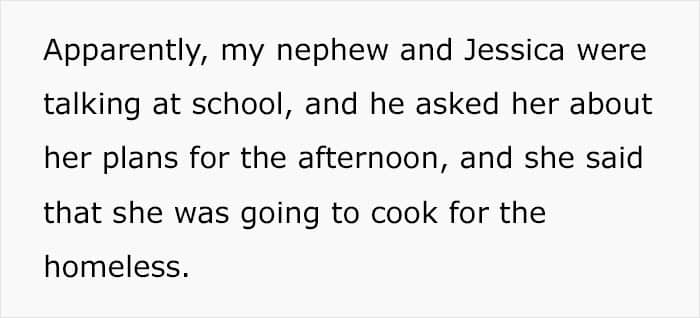

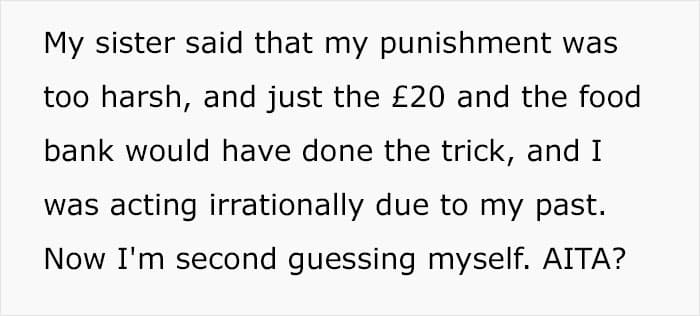
Vicki Broadbent of Honest Mum thinks exercising discipline is critical when raising children
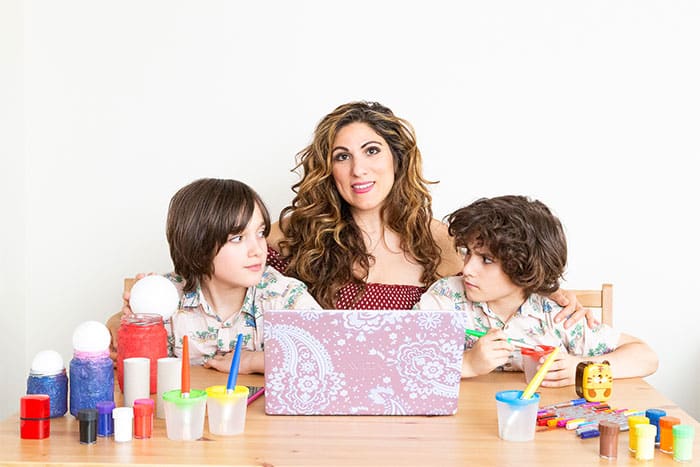
“Kids thrive on boundaries and love equally, and they look to you as their parent or guardian as a guide and role model when it comes to their own behavior,” Vicki Broadbent, writer, director, broadcaster, and founder of the parenting blog Honest Mum.
The author of The Working Mom: Your Guide to Surviving and Thriving at Work and at Home believes that “discipline and doing as you say, embodying your values as a parent, teaches children important life skills such as self-control, self-love, empathy, resilience, motivation, and working hard.”
However, it’s important to highlight that violence and harsh words are harmful and don’t work. The American Academy of Pediatrics (APP), advises that parents and caregivers should not spank or hit children. Instead of teaching responsibility and self-control, spanking actually does the opposite: it often increases aggression and anger in children. A study of children born in 20 medium to large U.S. cities discovered that families who used physical punishment got caught in a negative cycle: the more children were spanked, the more they misbehaved later, which prompted more spankings in response. Spanking’s effects may also be felt beyond the parent-child relationship — it sends the message that causing someone pain is OK if you’re frustrated. Even with those you love.
Parents who yell at children and use words to cause them emotional pain or shame are also in the wrong. Harsh verbal discipline, even by moms and dads who are otherwise warm and loving, can lead to serious issues. Research shows that harsh verbal discipline, which becomes more common as children get older, may lead to more behavior problems and symptoms of depression in teens.
Vicki Broadbent agrees. “I believe the ‘punishment’ should always fit the ‘crime’ as it were and I don’t believe in physical discipline,” she said.
However, she feels the punishment in this instance may have been too harsh “as the daughter was made to sleep alone outside in an unsafe environment.”
“I believe her donation and apology was enough and believe the emphasis should have been on education here. Visiting a homeless center and having the girl volunteer, for example, would have been a more meaningful way to elicit empathy from her, rather than using the shock factor and fear to motivate her into action,” the honest mom said.
When it comes to disciplining your child, Vicki thinks the most important thing is to put yourself in their shoes and try to be as understanding as possible. “Children are learning and growing and they can only learn from their mistakes. Try to educate and not berate,” she said.
Here’s what people have said about the ordeal










